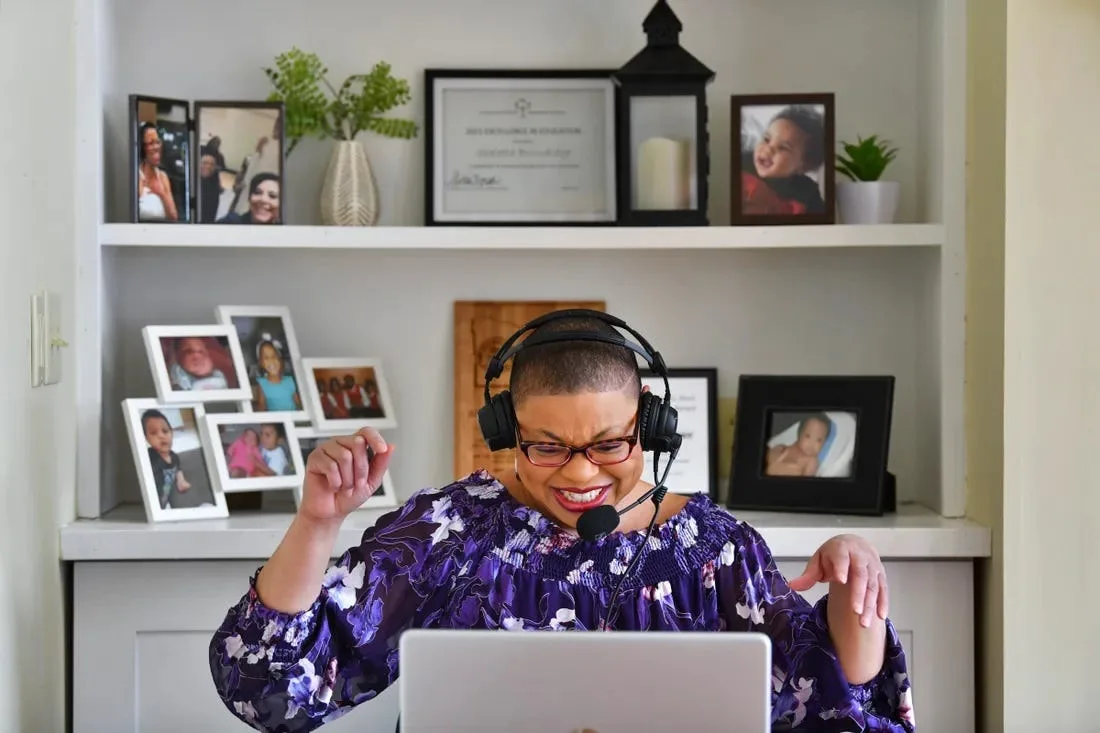
Everyone knows that February is Black History Month. It has grown in national stature meaning since first being officially recognized in 1976.
Less well known is that, since 2004, August is National Black Business Month, designated each year to showcase Black businesses and remind consumers of the value of these businesses as the backbone of the community. It’s also a time to encourage and support Black owners who face many obstacles.
According to the US Federal Reserve, Black entrepreneurs are twice as likely to be turned down for loans as their white counterparts. According to a report from consulting firm McKinsey, only 4% of Black-owned startups remain in operation after 3.5 years.
There’s also a marked divide in business ownership, certainly one contributor to the racial wealth gap. McKinsey research found that while about 15% of white Americans hold some form of business equity, only 5% of Black Americans do.
However, a sharp increase in the Black population in the Twin Cities is proving a boon for some minority owned businesses, bringing them more customers and clients from their community. New 2022 Census data from Minnesota shows the number of residents of color in the Twin Cities now adds up to about a half million people.
The latest Census numbers show the metro area is now home to 369,000 Black citizens, up 122% from the 2000 count. The Census also counted 116,000 people who identify as “two or more races,” a jump of 149% in that same time period. (Those numbers do not include Minnesotans who identify as Hispanic, Asian and Pacific Islanders and Native).
BUILDING HER TABLE
For Sheletta Brundidge, owner of the podcasting platform SHElettaMakesMeLaugh.com, more people of color in the Twin Cities has translated into more business.
In the three and a half years since she founded her platform, she has experienced rapid growth. Brundidge now produces eleven weekly podcasts that are hosted by local Black subject experts, including programs that focus on mental health, fitness, motivation and finance.
“I’m creating shows that I would want to listen to. My hosts are top notch folks known in the community. They been denied the spotlight but now our listeners hear voices like their own. My sponsors want advertise to people of color and so they go through me,” said Brundidge, who hosts two podcasts, Laughing with Letta and Taking Authority over Autism.
Brundidge has built a strong following among Black listeners, and she’s not alone. According to Yelp, which collects and shares business reviews, Black-owned businesses build a higher degree of loyalty among their customer base. A Yelp spokeswoman said that Black-owned businesses have a higher rating of 4.34, versus the average Yelp rating across all businesses of 3.64.
As a start-up leveraging new technology, Brundidge utilizes new podcasting technology to create podcasts that can be downloaded. She doesn’t have to ask or pay for public airwaves, which would be too expensive to be accessible for her programs.
“As a broadcaster I been passed over for promotions I was qualified for more time than I can count. My life changed when I heard Tyler Perry say, ‘Instead of fighting for a seat at the table, build your own.’ My way forward has been to create my own network,” she said.
AN AUDIENCE FOR THE TAKING
But in the larger media picture, change is slow and more representation of people of color is barely visible.
“Most media decision makers are still white baby boomers programming for a white baby boomer audience,” said Christopher Terry, professor of journalism at the University of Minnesota. “Given the African American population in the Twin Cities, there should be more media created for them and targeting them.”
“There’s an audience for the taking,” Terry added. “But traditional media companies have not adapted to new demographics. Non-white audiences in the Midwest have always been seen as less economically viable. It’s not true any more but the wheel hasn’t caught up with the turn.”
Terry researches diversity and ownership among over-the-air broadcasters that are regulated and granted licenses by the Federal Communications Commission. He sees little urgency for change.
“The reality is, they haven’t kept up with the times,” he added. “They have a way of doing things and stick to it. For example, why do we still have so many cop shows? Last year seven new ones premiered on the four big broadcast networks (ABC, CBS, NBC, Fox). The cops are the good guys in every show. People in the Twin Cities might have some feelings on that.”


